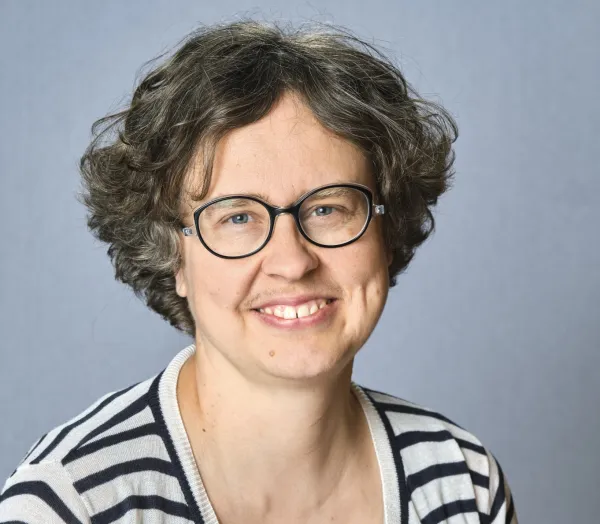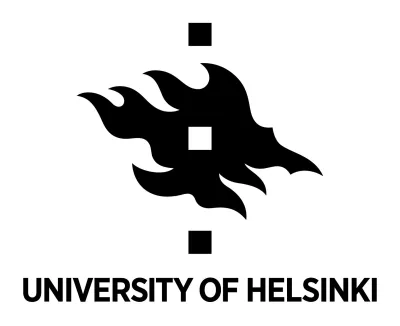Finland

Olesya Khanina
Olesya Khanina holds a degree in theoretical and applied linguistics with a specialization in typology and fieldwork from Lomonosov Moscow State University; the PhD she defended in 2005 at the same University was in the field of semantic and morphosyntactic typology. In her postdoctoral projects at the Max Planck Institute for Evolutionary Anthropology in Leipzig and at the University of Edinburgh, Khanina extended research questions of her thesis to historical domains and worked on documentation and description of two Samoyedic languages in Northern Siberia. In 2017, she was appointed a permanent researcher at the Institute of Linguistics of the Russian Academy of Sciences in Moscow, leading a research group “Dynamics of language contact in the circumpolar region”. Around the same time, she became affiliated with the University of Helsinki, where her interests went fully interdisciplinary and where she became immersed into Uralic historical linguistics. Currently, Khanina leads an international working group on language diversification and spread in the Siberian North at the University of Helsinki. Her expertise in integrating linguistic evidence into interdisciplinary reconstructions of the past has been reflected in her recent contributions to The Oxford Handbook of Archaeology and Language, International Encyclopaedia of Language and Linguistics (Elsevier, 3rd edition), and recent papers in the Diachronica journal.
Together with archaeology and genetics, linguistics is a discipline that contributes to the reconstruction of human prehistory in terms of communities of the past and their interactions. However, methodologies able to untangle signals about social networks of the past from modern languages need continuous elaboration, which is also true for a more structured effort of triangulating outputs of various disciplines in comprehensive reconstructions of the past. Olesya Khanina’s project explores both directions. On the one hand, it develops a more general linguistic method that promises to broaden linguistic contribution to prehistory, and on the other, it enhances the interdisciplinary dialogue by facilitating a methodological discussion between linguistics, archeaelogy, folklore studies, and anthropology.
Historical linguistics; sociolinguistics; Uralic languages; Siberia; the Arctic; interdisciplinary reconstructions
